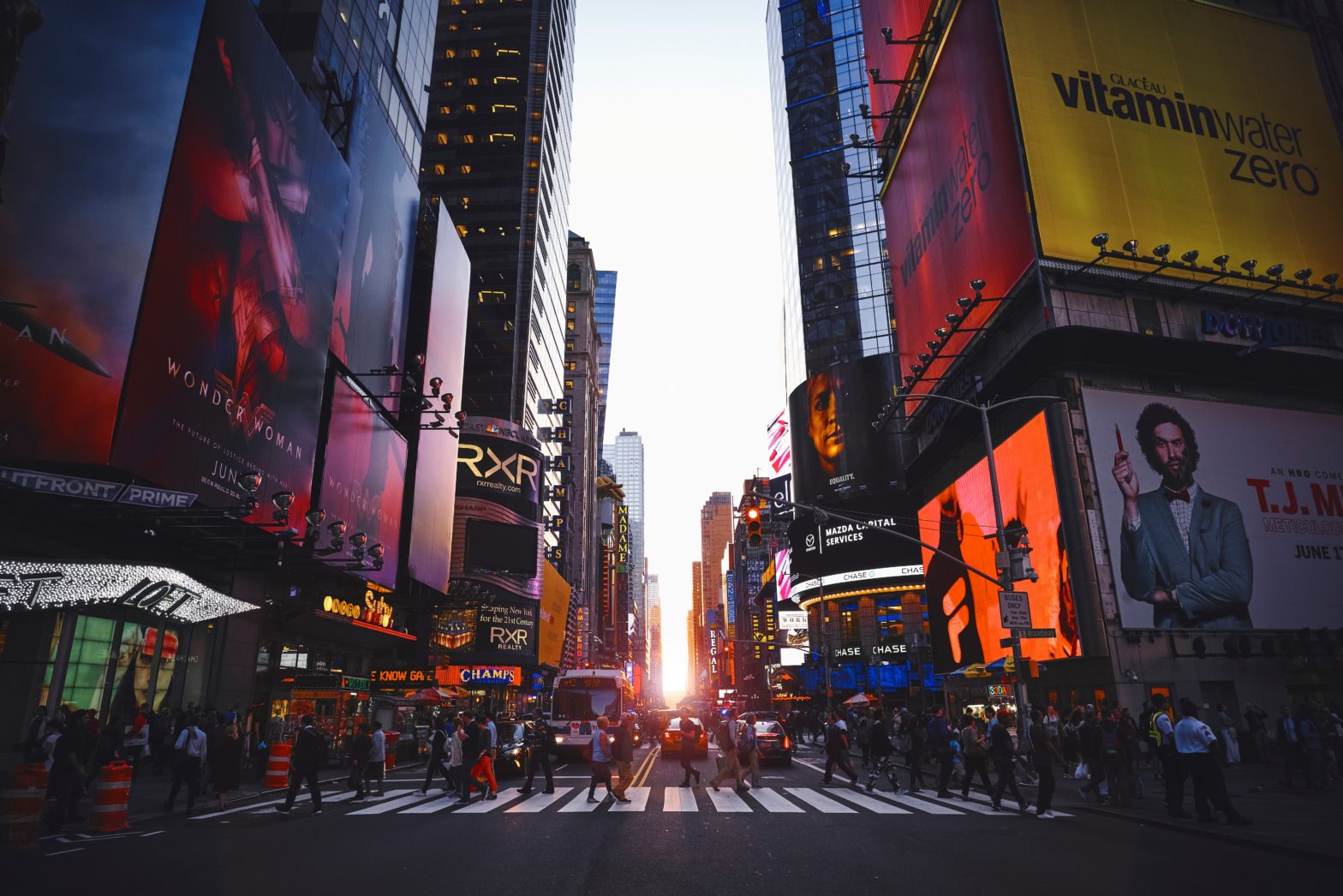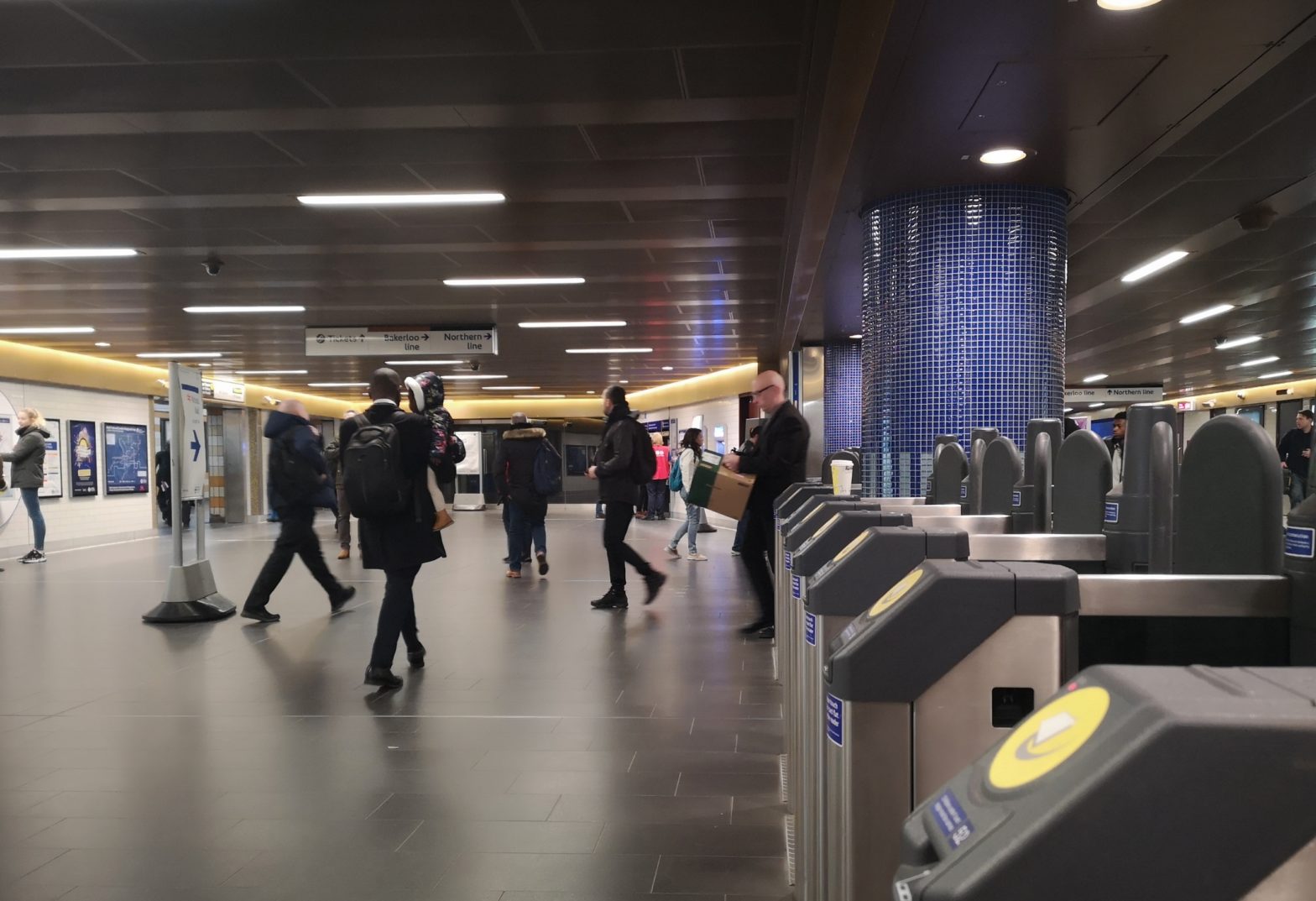
Photo: luca-bravo-unsplash
New York considering $23 daily congestion charge
15 August 2022
by Christopher Carey
A plan to charge drivers who enter Manhattan US$23 during rush hour could reduce car traffic by as much as 20 percent, according to a new analysis from New York’s Metropolitan Transportation Authority (MTA).
The Central Business District Tolling Program Environmental Assessment considered a range of charging options for vehicles, including one that would charge as little as US$9 during peak hours.
The analysis marks the first time the MTA has officially released a range of tolls that are under consideration for the congestion charge, which is set to be implemented in late 2023.
“The tremendous detail included in this assessment makes clear the widespread benefits that would result from central business district tolling,” said MTA Chair and CEO Janno Lieber.
“Bottom line: congestion pricing is good for the environment, good for public transit and good for New York and the region. We look forward to receiving public feedback in the weeks ahead.”
According to the plan, motorists entering Manhattan below 60th Street would be charged a toll electronically, with the exceptions being the West Side Highway and FDR Drive, which would not be part of the tolling plan.
Revenue raised through the scheme, estimated at US$1 billion annually, would be used to back borrowing for capital improvements to the MTA’s subway and bus systems.
Seven scenarios
The MTA’s review assessed seven different tolling scenarios, each with different combinations of potential discounts, credits and exemptions.
Fares range from US$9 to US$23 for passenger vehicles and between US$12 and US$82 for Heavy Goods Vehicles (HGVs).
Some scenarios consider exemptions for taxis, while others cap the number of times certain vehicles can be charged in a single day.
Authorised emergency vehicles and vehicles transporting people with disabilities would be exempt from the charge.
Delays
The policy was approved by former New York Governor Andrew Cuomo over three years ago, but has been beset by delays.
The MTA had to wait over a year to get the green light from federal officials about the type of review it must conduct to implement congestion pricing.
Then in March 2022, the Federal Highway Administration (FHWA) responded to the MTA’s environmental assessment with a list of more than 400 questions.
“We have been able to address virtually all of the questions and data requests thrown at us by our federal partners,” Lieber told MTA board members in June.
The authority has not given a timeline for the programme’s implementation, but said the fee could come into effect up to 10 months after approval is granted.
Public hearings on the review will be held from 25 August to 31 August.
Image: luca-bravo-unsplash







